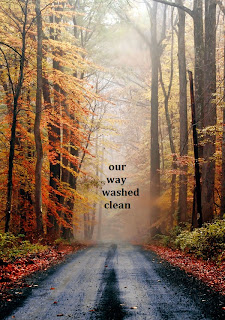If you would like to comment on this video please go to that blog post and do so now. Your response will be appreciated. In any event, I invite you to view the piece and formulate an opinion of it before scrolling further.
The responses here, on social networks and in my own live surveys have been mostly negative. What is more telling, though, is how the remarks have reflected which poetry dimension that critic claims as his or her own. Commenters ignored aspects of the presentation that were not definitive to their realm. To wit:
The First Dimension
 | |
| Dennis Hammes |
Taken together, these worlds form the Text dimension, relying as it does on the written word. This reality involves books, magazines and webzines. Performance is limited to a poet giving a reading from a written text.
As an example of a Text poet commenting exclusively on the text, one Usenetter remarked on a friend's Facebook page:
"I tell you when I heard 'swallowing the electricity of our lives' my mind went to sleep..."
The Second Dimension
Performing poets are not merely a separate community that rarely interacts with text poets. They are a different species entirely, one with few if any icons. Open mics, slams and spoken word or performance events are not their venues, they are their media. Even the physics of their environment differ: poetry is seen by text fans, heard by performance afficionados.
For better or worse and for what little it matters, the performance world has won the battle for the public's attention. Witness the parody, Tom Hanks Performs Slam Poem About "Full House" (Jimmy Fallon):
In commenting on Michael Lee's "Pass On" Performing poets invariably focused on the narrator's performance: tone, timing, gestures, etc. "Danish Dog", a rare crossover, was the only respondent to mention both dimensions:
Text: "I found the content banal and over-sentimental bordering on cliché."
Performance: "I found the presentation melodramatic bordering on the hysterical..."
The Third Dimension
Once we have our text and can perform it we need to produce it, as with pictures, still or moving, and, perhaps, other effects. It can be a narrative with or without a visible narrator. It can be a documentary or the poetry equivalent of a music video. It should probably be something more than a performer at a microphone. Above all, we have to be able to watch it.
"Pass On" by Michael Lee is a peek at poetry's future. At the same time, it is everything its critics say it is: crude in design and execution.
Prototypes always are.
Next: Poetry 'n Politics
































